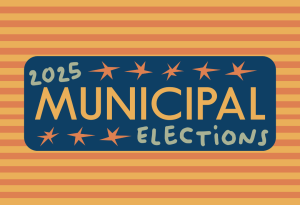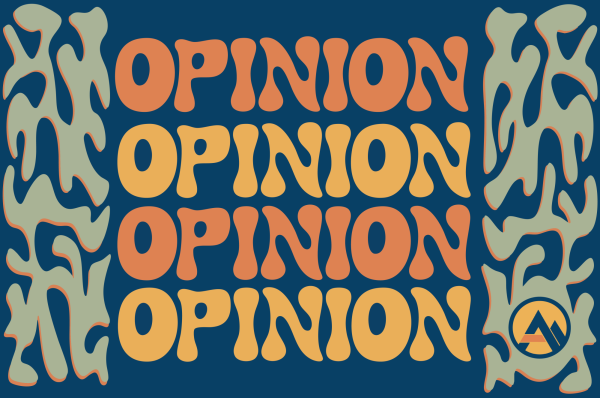OPINION: Why economists are always wrong
October 9, 2019
Three economists go deer hunting. They travel all day until they find a deer standing in the middle of the prairie. The first shoots wide right, the second shoots wide left and the third exclaims, “I think we finally have it!”
Economics, by definition, seeks to predict how humans behave when faced with limited resources. To achieve these objectives, economists use complicated mathematical models to predict economic outcomes. This concludes that economic forecasts are flawed because their models’ methodologies do not account for human individuality and use math to predict future outcomes. This results in faulty forecasts because math relies on deductive reasoning: making a conclusion dependent on their premises.
Prakash Loungani of the International Monetary Fund concluded economists failed to predict 148 out of 150 recessions. According to the Financial Times, the IMF accurately predicted five economic contractions occurring in October for the past 27 years. However, the IMF’s predictions were off and failed to forecast 81% of recessions that occurred that month.
Forecasting failure is not quarantined to the IMF. Even Nobel Prize-winning economists are not error-proof. For example, in 1998, Nobel Prize-winning economist Paul Krugman predicted the internet would have no greater impact than the fax machine. This prediction did not happen, and the internet revolutionized the way information is dispersed.
Economists often rely on mathematical methodologies to represent human affairs, an irony not lost on former Nobel Prize winning economist F.A. Hayek. In a letter to who many consider the father of modern economics, John Maynard Keynes, Hayek explained economic forecasting dehumanizes people because they are portrayed as numerical equations instead of individuals.
This position is supported by recent developments in behavioral economics. New research suggests people are not rational, rendering a large chunk of mathematical models obsolete. For example, according to Duke behavioral economist Dan Ariely, the Law of Demand, which states that prices decrease more units are purchased, is not absolute because of a concept known as arbitrary coherence.
Once we have the initial price of an item fixed in our mind, it impacts future economic decisions. This contradicts centuries-old economic wisdom suggesting people are able to factor in individual prices and operate according to new information to make decisions.
While forecasting is a useful tool, it will not accurately predict future events unless economists change their methods. While some economists have boasted impressive forecasting records, many more have failed to predict future downturns because of people’s irrationality. To paraphrase Keynes, the future is uncertain and people have frail outlooks, causing markets to become unpredictable and suggesting the economy is not a machine, but a collective entity.
Therefore, unless economists take individual people into account, their calculations will not accurately reflect human behavior.














John Foreman • Oct 14, 2019 at 8:48 pm
I’m not sure why we allow uninformed opinion articles. It only misinforms people. The writer clearly doesn’t know much about economics because he focuses on theory when the core of economists’ work is applied data driven empirical tests and modeling. These models are tested against reality and they work extremely well. Amazon has a huge group of economists to help them understand the complexities of their operations and their customers. Ebay, Lift, Uber, etc. all have groups of economists to learn how to do better. And for society and the world, just look at the amazing work by economists on income inequality and economic mobility, renewable energy and climate change, education and health, and so many other areas. In reality, economists have solutions to the problems. It is the public and politicians that are getting in the way, largely due to uninformed minds (as shown here).
Robert Nelson • Oct 10, 2019 at 1:25 am
https://www.snopes.com/fact-check/paul-krugman-internets-effect-economy/
The weatherman is wrong occasionally. Do we cease listening to him?
It seems to me that the energy expended by Krugman’s critics is an excellent measure of a deeper recognition that while he may sometimes make mistakes – like all of us – he is often brilliantly incisive in his analyses… much to the discomfort of those critics.